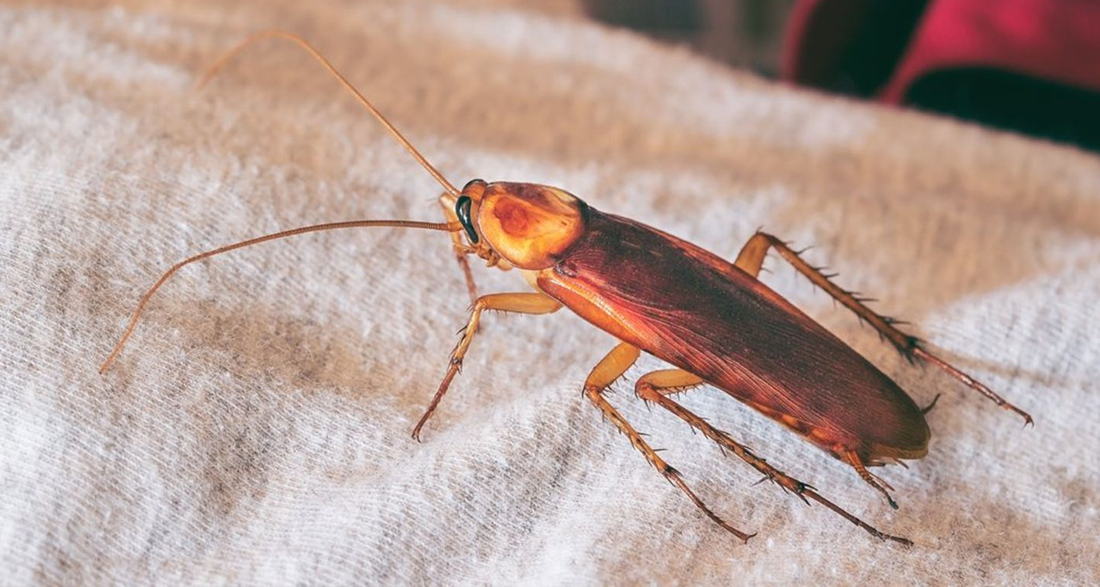Pests in a hotel room or vacation rental can ruin a holiday: How to prevent an infestation and what helps against it.
A holiday should be relaxing, but when unwanted critters suddenly appear in the hotel room, the relaxation quickly ends. Depending on the region, cockroaches and other pests are not uncommon. But what should you do when it starts crawling?
In Case of Infestation: Take Immediate Action
Insects in hotel rooms are not unusual, especially in southern countries. Climate change also contributes to the proliferation of pests in often warm and humid climates. For instance, the so-called “super cockroach” is currently spreading in Spain. Nonetheless, the hygiene standards in most hotels are high, making encounters with cockroaches and other critters still unlikely.
If it happens, it is important to stay calm. The first step is to call the reception. They can offer another room or arrange to fix the problem. If staying in a private vacation rental, contact the landlord as soon as possible. In cases of severe infestation, it might be necessary to change accommodations.
A room change or new accommodation can only be requested if the infestation is unbearable. According to the Consumer Center, hoteliers are only responsible for deficiencies if explicitly stated in the general terms and conditions. In some cases, it is necessary to contact the travel operators directly.
Protecting Yourself: Behavior at the Destination
If changing accommodations is not possible, there are precautions that can help protect oneself and prevent the spread. It is advisable to check under beds, in closets, and behind curtains, as cockroaches are nocturnal and come out only from their hiding places at night. Unlike bedbugs, which caused problems in France and the UK last summer, cockroaches do not bite or sting.
For bedbugs, inspect the bed: the small insects leave bloodstains and skin shed on sheets and mattresses. Suitcases should not be placed on the bed when packing and unpacking. Otherwise, bedbugs can survive the trip home and spread in your own home.
Suitcases and bags should always be kept closed. This also applies to trash cans: avoiding food scraps in the room can keep pests away. Food should also be stored in closed containers, as pests can transmit diseases by spreading germs and bacteria on food. All surfaces touched by people should be disinfected. Cleaning should be repeated during the vacation. Clothes can be stored in plastic bags to prevent spreading.
Last Resort: What Else Helps Against Pests
As many insecticides are increasingly losing their effectiveness, the Spanish government recommends killing cockroaches. In the short term, insect sprays suitable for home use can help keep unwanted guests away. Various methods, such as sprays, powders, or aerosols, are targeted at specific crawling pests. However, a pest problem can only be permanently resolved with professional help.
Before the trip, the risk can be minimized. The Consumer Center advises checking reviews and experiences on travel platforms. It can also be helpful to ask about hygiene measures on site when booking the holiday.
If you do fall victim to an infestation during your vacation, the Consumer Center recommends documenting the incident well. Many hotels are accommodating and offer compensation such as a refund or a room change. If an unbearable deficiency is not resolved, you can also request a partial refund of the travel price.

